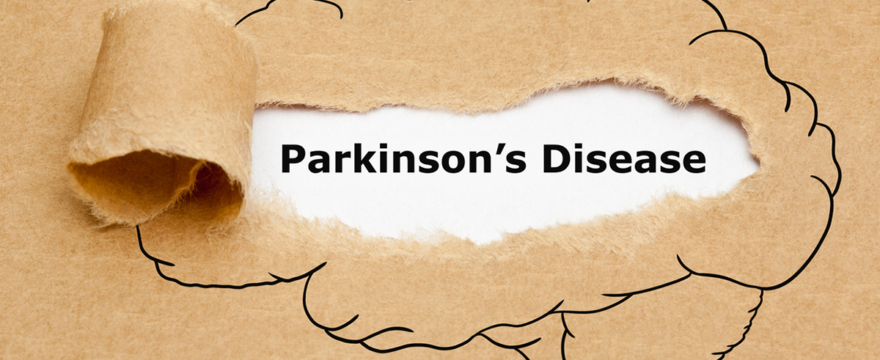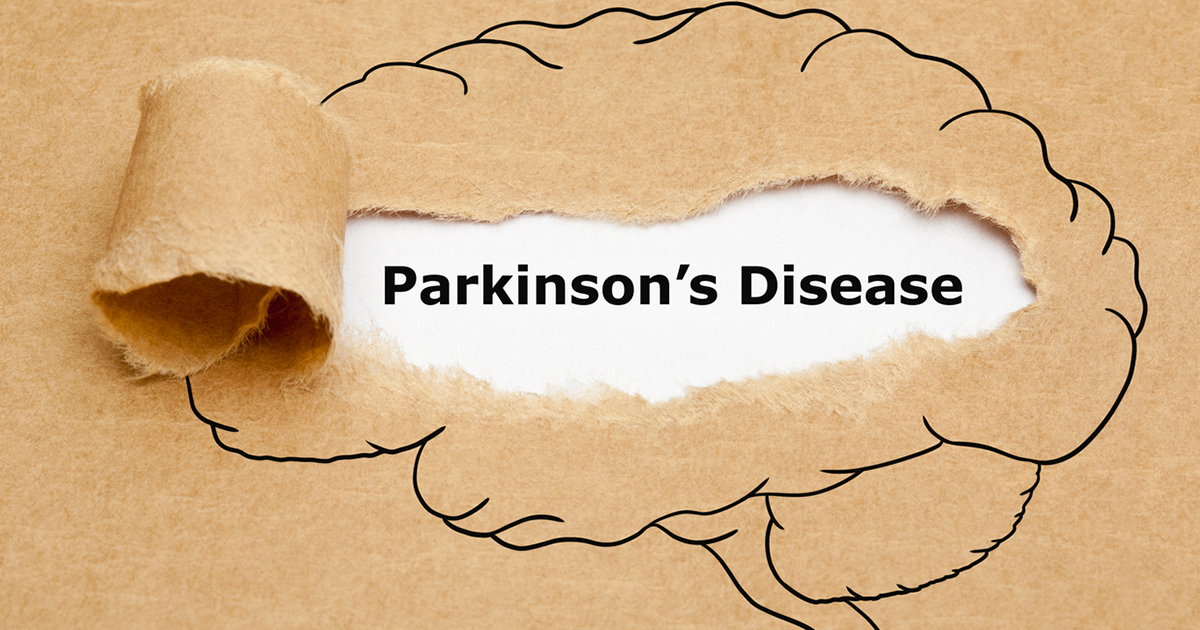Dr. Joon Faii Ong is a world-renowned expert on Parkinson’s Disease and its associated symptoms. In this article, Dr. Ong gives tips for managing the symptoms of Parkinson’s Disease.
Dr. Ong explains that there are two main types of medication used to manage the symptoms of Parkinson’s disease:
Prescription Medication: These medications can reduce or mask certain symptoms such as tremors, muscle stiffness, and slow movement. They do come with side effects which include nausea and changes in sleep patterns.
Over the Counter Medication: Ong explains that some over-the-counter remedies such as peppermint can help manage symptoms such as nausea and vomiting. However, he also warns that these types of medication should never be mixed with prescription medications without first consulting a doctor.
Dr. Ong gives tips for managing symptoms of Parkinson’s Disease, including:
Managing Tremors
Management of tremors such as resting the affected limb and taking small steps (because bigger steps may increase the tremor) can help reduce the severity of tremors. However, it is also very important to complete regular exercise.
Avoiding Medication Interactions
Many prescription medications have interactions with over-the-counter medications that people may be taking for other issues such as hay fever or stomach aches. To avoid potential interactions, Dr. Ong suggests talking with a pharmacist about possible medication interactions and avoiding combinations of prescription medications and over-the-counter medication.
Increasing Sleep Quality
Sleep quality is crucial for managing Parkinson’s Disease in many ways, including decreasing fatigue, increasing mood, mental clarity, and movement abilities. Ways to include high-quality sleep in daily life include:
- Developing a set bedtime routine.
- Avoid caffeine after lunchtime.
- Take daytime naps when needed.
- Reducing screen time before bedtime.
- Consult a doctor for other issues that may interfere with sleep quality.
Making the Home Safe
It is important to ensure that your living space is free of dangers, including items on the floor that could cause tripping or falls, electrical cords in high traffic areas that could cause trips or falls, and keep pathways clear and clutter-free.
Managing Speech and Swallowing Difficulties
Dr. Ong recommends having a good knowledge of Parkinson’s Disease and its symptoms as this may help decrease anxiety and increase confidence in social situations. It is also important that if you manage Parkinson’s Disease on your own, it is important to ask for help when needed.
Managing Cognitive Difficulties
Keeping active mentally can help with maintaining cognitive abilities. This includes completing puzzles of various types, reading, playing games, regular conversation, and completing regular crossword puzzles.
Managing Mood
A positive outlook can help to improve the progression of Parkinson’s Disease symptoms. Dr. Ong suggests maintaining the belief that there are still good things to look forward to in life, even if you are struggling with some challenges. It is important to talk about how you are feeling and to seek help if needed.
Managing Constipation
This is a common issue for those managing Parkinson’s Disease, and Dr. Ong explains that several factors contribute to constipation, including anxiety, medications, poor diet, and excessive fluid intake. Ways to manage constipation include:
- Eating high-fiber foods such as fruit and vegetables.
- Drinking enough fluid.
- Completing regular exercise.

